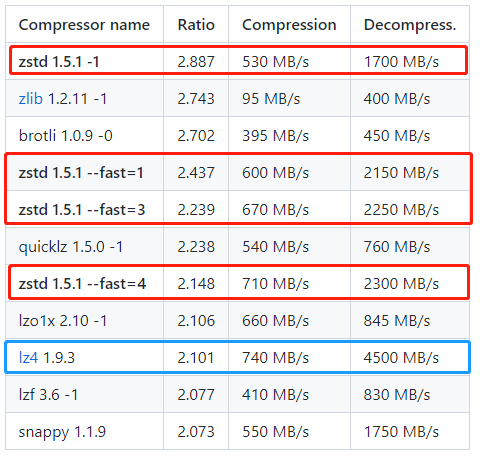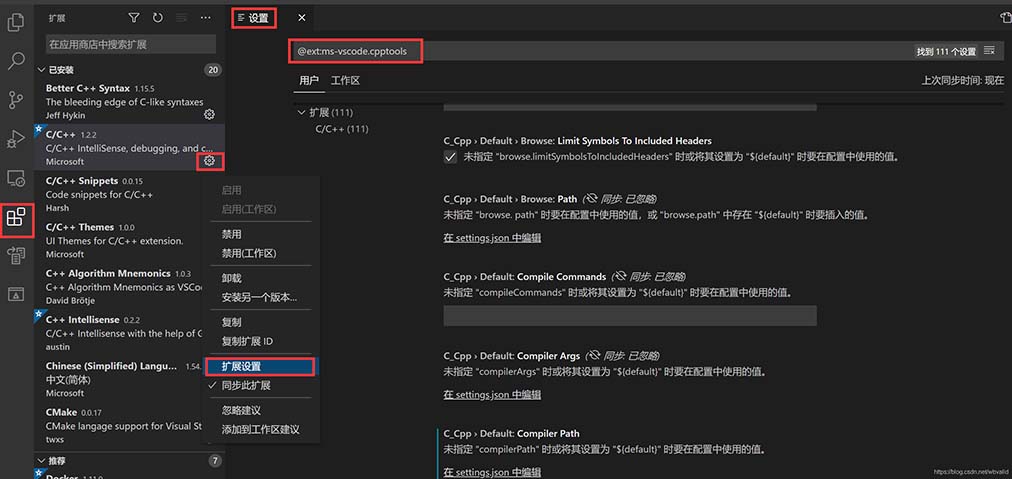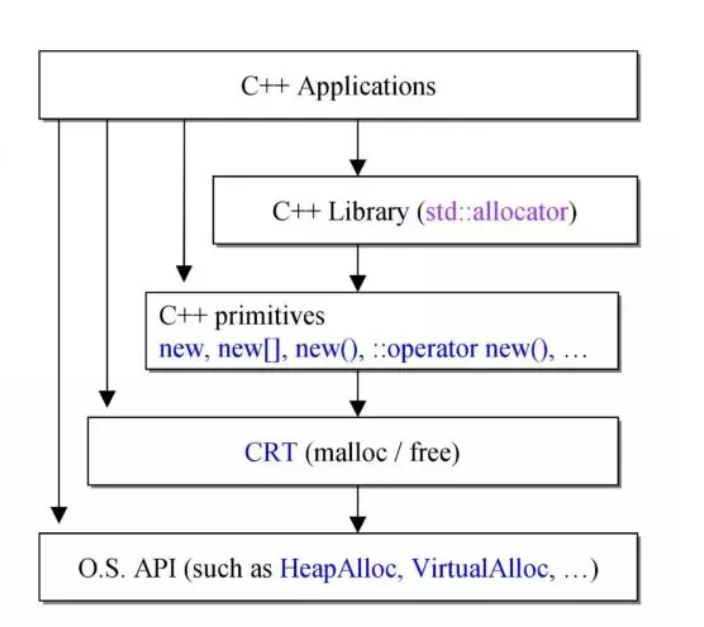Am I right in saying that const_cast followed by modification on a ref-to-const bound to a temporary is okay?(我是否正确地说 const_cast 然后修改绑定到临时的 ref-to-const 可以吗?)
问题描述
我想检查一下我对此事的理解和结论.
I would like to check my understanding and conclusions on this matter.
在 IRC 上,有人问:
On IRC, it was asked:
const_cast 是否可以接受绑定到临时对象的 const 引用?
Is it acceptable to
const_castaconstreference that's bound to a temporary object?
翻译:他有一个 ref-to-const 绑定到一个临时的,他想抛弃它的 const-ness 来修改它.
Translating: he has a ref-to-const bound to a temporary, and he wants to cast away its const-ness to modify it.
我的回答是我问过 a之前类似的问题,其中的共识似乎是临时人员本身并不是天生的const,因此您可以摆脱引用的const-ness您必须对它们进行修改,并通过结果对其进行修改.而且,只要原来的 ref-to-const 仍然存在,就不会影响临时对象的生命周期.
My response was that I'd asked a similar question previously, where the consensus seemed to be that temporaries themselves are not inherently const, and thus that you can cast off the const-ness of a reference you have to them, and modify them through the result. And, as long as that original ref-to-const still exists, this won't affect the temporary's lifetime.
即:
int main()
{
const int& x = int(3);
int& y = const_cast<int&>(x);
y = 4;
cout << x;
}
// Output: 4
// ^ Legal and safe
我说的对吗?
(当然,这样的代码是否真正可取完全是另一回事!)
推荐答案
没有.
首先,据我所知,它是否是文字是无关的.非类类型的右值始终具有非 cv 限定types(第 3.10/9 节),然而,在第 8.5.3 节(引用的初始化)中,我们有:
First, as far as I can tell, whether it is a literal or not is irrelevant. Rvalues of non-class types always have non-cv qualified types (§3.10/9), however, in §8.5.3 (initialization of a reference), we have:
对cv1 T1"类型的引用由cv2 T2"类型的表达式初始化,如下所示:
A reference to type "cv1 T1" is initialized by an expression of type "cv2 T2" as follows:
[...]
--
否则,将使用非引用复制初始化 (8.5) 的规则从初始化表达式创建和初始化cv1 T1"类型的临时变量.然后将引用绑定到临时文件.如果 T1 与 T2 引用相关,则 cv1 必须与 cv-qualification 相同或更高比,cv2;否则,程序是非良构的.
Otherwise, a temporary of type "cv1 T1" is created and initialized from the initializer expression using the rules for a non-reference copy initialization (8.5). The reference is then bound to the temporary. If T1 is reference-related to T2, cv1 must be the same cv-qualification as, or greater cvqualification than, cv2; otherwise, the program is ill-formed.
(前面的所有观点都涉及左值或类类型.)
(All of the preceding points concern either lvalues or class types.)
在我们的例子中,我们有:
In our case, we have:
int const& x = ...;
所以cv1 T1是int const,而我们创建的临时对象有类型int 常量.这是一个顶级常量(在对象上),所以任何尝试修改它是未定义的行为.
So cv1 T1 is int const, and the temporary object we create has type
int const. This is a top level const (on the object), so any attempt
to modify it is undefined behavior.
至少,这是我的解释.我希望标准对此更加清晰.
At least, that's my interpretation. I wish the standard were a bit clearer about this.
这篇关于我是否正确地说 const_cast 然后修改绑定到临时的 ref-to-const 可以吗?的文章就介绍到这了,希望我们推荐的答案对大家有所帮助,也希望大家多多支持编程学习网!
本文标题为:我是否正确地说 const_cast 然后修改绑定到临时的 ref-to-const 可以吗?


- 我应该为我的项目使用相对包含路径,还是将包含目录放在包含路径上? 2022-10-30
- C语言手把手带你掌握带头双向循环链表 2023-04-03
- Easyx实现扫雷游戏 2023-02-06
- 详解C语言中sizeof如何在自定义函数中正常工作 2023-04-09
- c++ const 成员函数,返回一个 const 指针.但是返回的指针是什么类型的 const? 2022-10-11
- Qt计时器使用方法详解 2023-05-30
- C语言详解float类型在内存中的存储方式 2023-03-27
- C++ 数据结构超详细讲解顺序表 2023-03-25
- ubuntu下C/C++获取剩余内存 2023-09-18
- C语言qsort()函数的使用方法详解 2023-04-26









